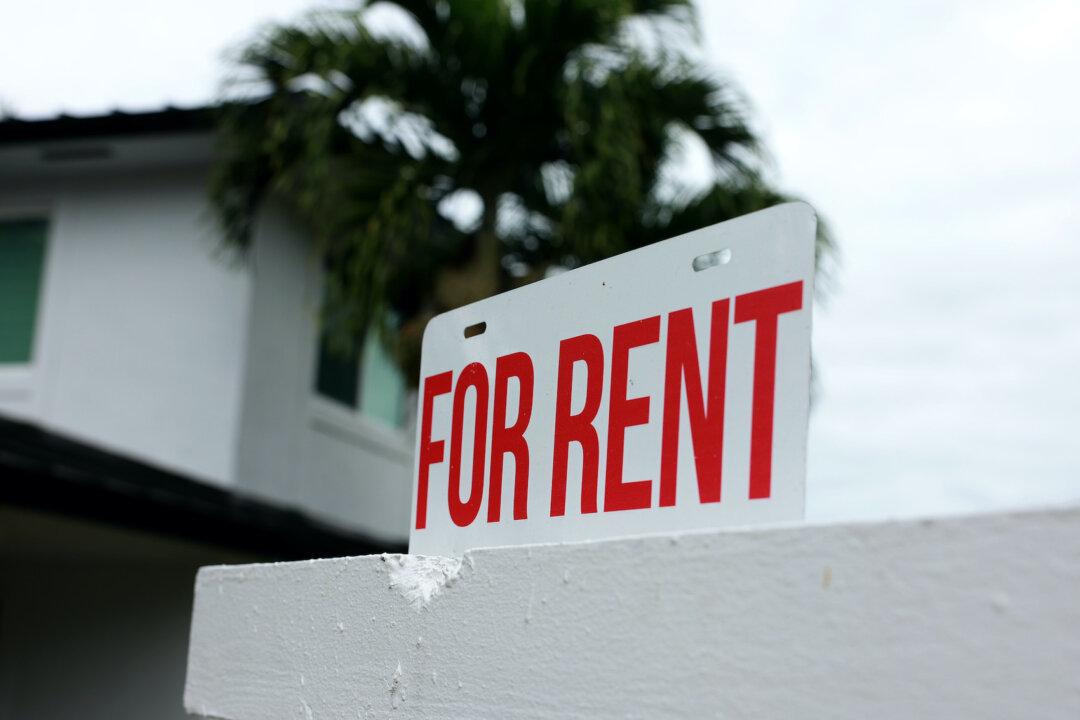With the start of the New Year, renters across the country may be planning to start fresh and make the move to a new apartment that’s around the corner or the country. They’ve locked in their rental cost and have already paid the first and last months’ rent, as well as the security deposit. But imagine their horror when they later realize the landlord is fake, the property doesn’t really exist, and they’ve lost thousands of dollars.
Jonas Bordo, co-founder and CEO of Dwellsy, a national rental platform, has heard it all and noted that these scams are continuing to escalate.





